One day, your bird’s beautiful plumage looks shiny and pristine, and the next day, their feathers are piling up at the bottom of the cage. It can be very alarming to see your pet suddenly losing their feathers. Don’t panic, though. There are plenty of normal reasons this can occur and you should look into those first.
But dropping feathers can also indicate stress, disease, or other issues, so a call to the vet may become necessary. So why do birds lose their feathers? We’ll use the process of elimination to determine the most likely cause.
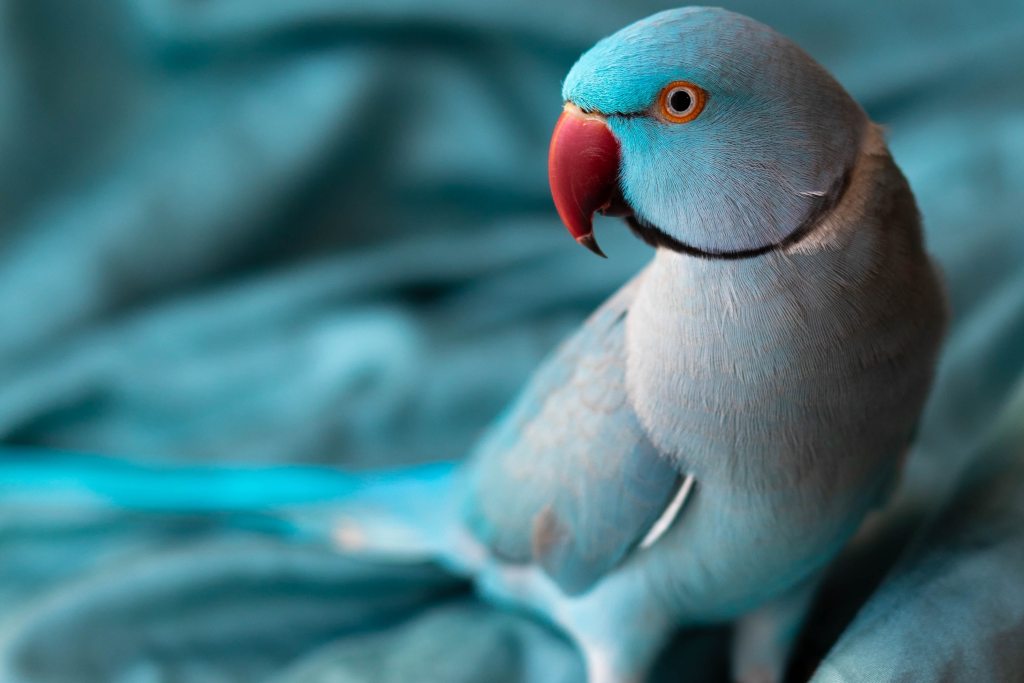
Is it normal for birds to lose feathers?
Yes, in fact, many birds go through a molt at least once or twice per year (and sometimes even more frequently). On top of that, it’s normal to find the occasional feather lying around. After all, you wouldn’t be surprised to find your dog shedding or your own hair in the shower drain. Much the same way, birds lose their version of hair now and then, especially as feathers get old or break.
However, unlike you and me, avians often drop many feathers all at once. This is to make sure their plumage stays in top shape in the wild, so you will often see birds complete the process right before migrating. In your home, birdie doesn’t have to worry about this so much, but may still go through a molt every so often to replenish their feathers.
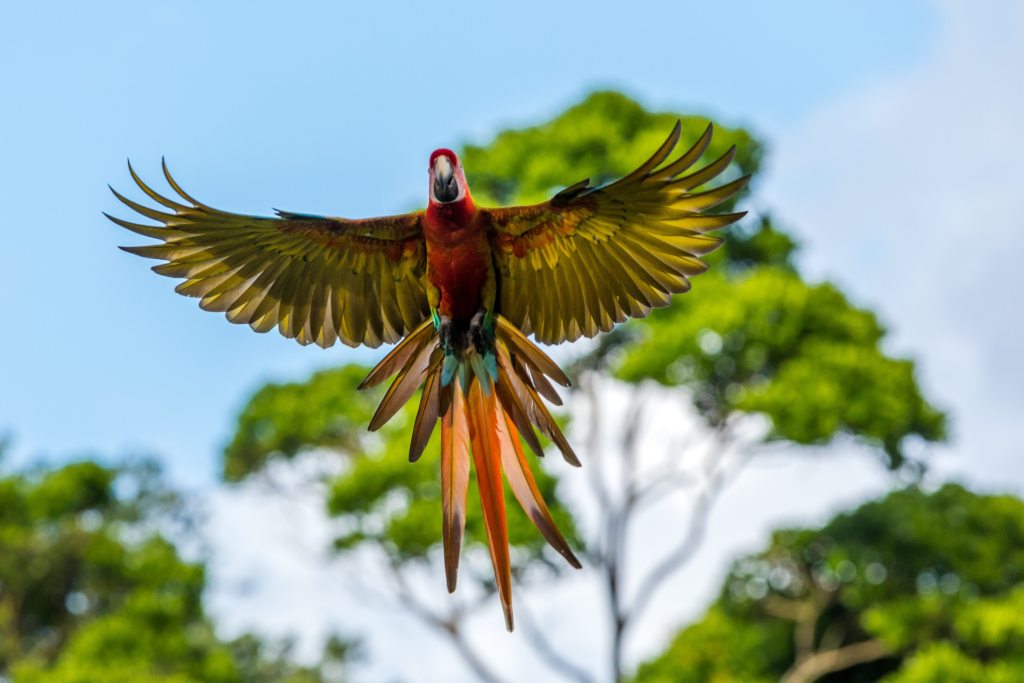
Why do birds suddenly lose feathers?
If it isn’t part of a normal molt, you’ll have to investigate a few other factors that could bring about a sudden loss of feathers, which could include both physical and emotional issues. Look carefully to see if your bird is pulling at their feathers or if the feathers seem to be falling out on their own. It seems like the difference shouldn’t mean anything, but it can help you to pinpoint the exact source.
While pulling usually stems from a behavior problem, don’t rule something else out. Mites, for example, cause itching and lead to birds grabbing at their feathers even if nothing else is going on. Feathers coming out by themselves can be caused by bacteria and viruses, many of which are very serious. It could also be from something more severe, like a kidney problem.
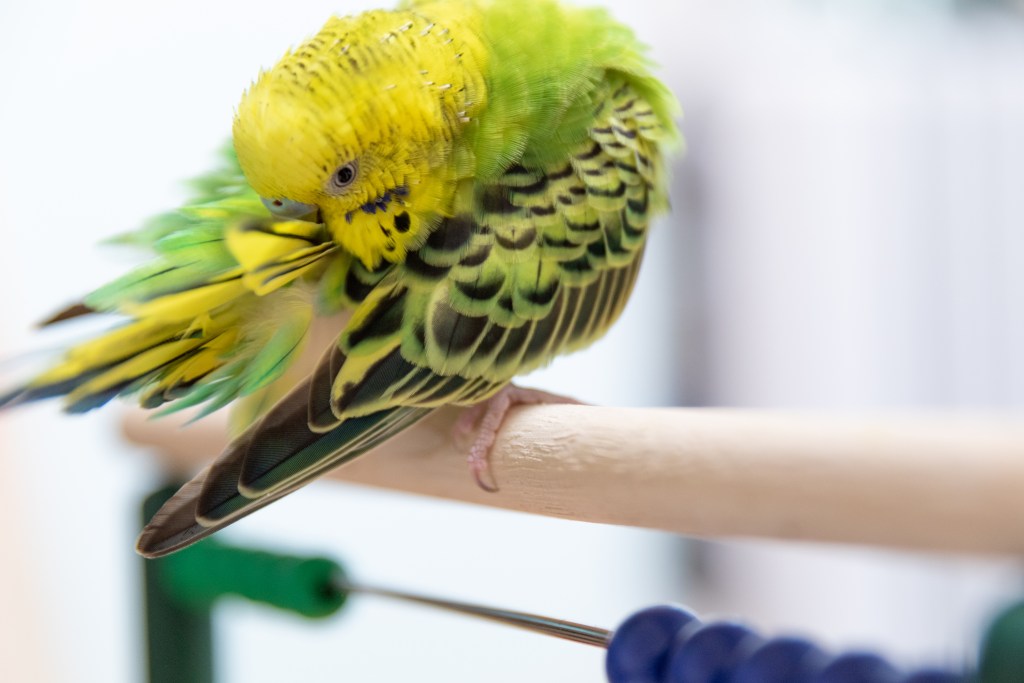
Can birds lose feathers from stress?
The short answer is definitely. Birds will pull out a substantial portion of their plumage if something really bothers them. However, it could wind up being something really mundane, like a change in your routine, a new pet or baby entering the household, or a shake-up in the environment. Loneliness or boredom can also induce feather plucking, so be sure to keep your bird engaged and happy so that they leave their feathers alone.
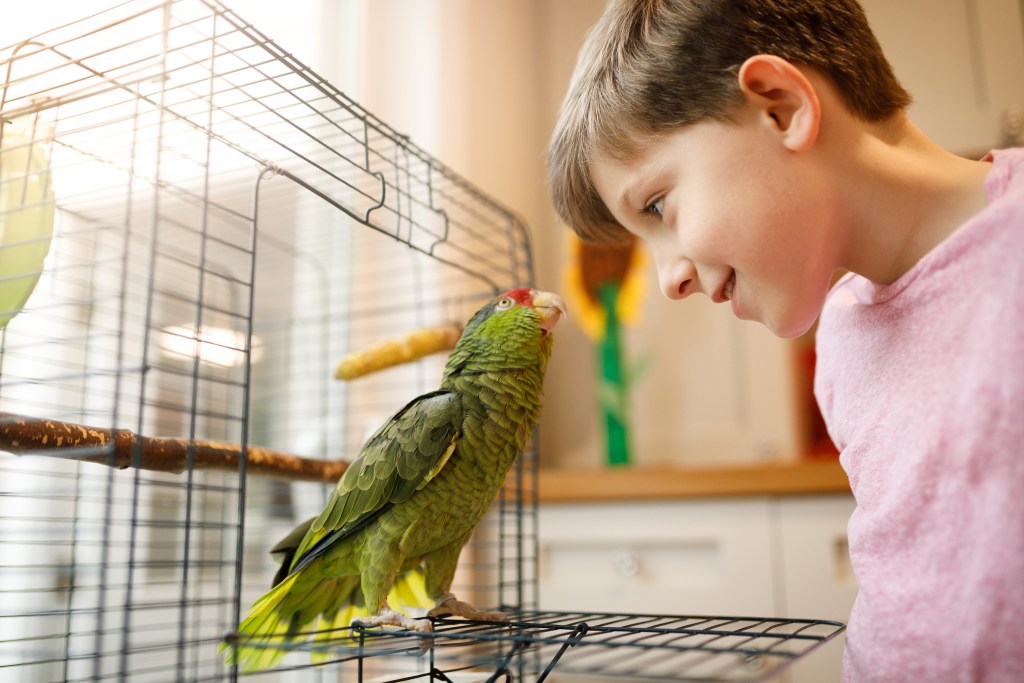
How do you treat feather loss?
If it’s a yearly molt and everything else looks OK, you don’t really have to do anything. Your bird will work the feathers through on their own, though your pet may need a little assistance with itchy skin. You should also consider providing a little extra protein — it takes a lot of energy and nutrients to replace all those feathers.
Otherwise, you’ll want to dive deep into the underlying problem and figure out how to fix it. That might mean taking care of whatever has caused the stress or helping assuage a condition. This is when a call to your veterinarian is essential, as they will be able to help you to solve the problem. Some treatments will involve antibiotics or other medicines (topical or oral) that can rid your feathered friend of bacteria that could be causing the feathers to fall.
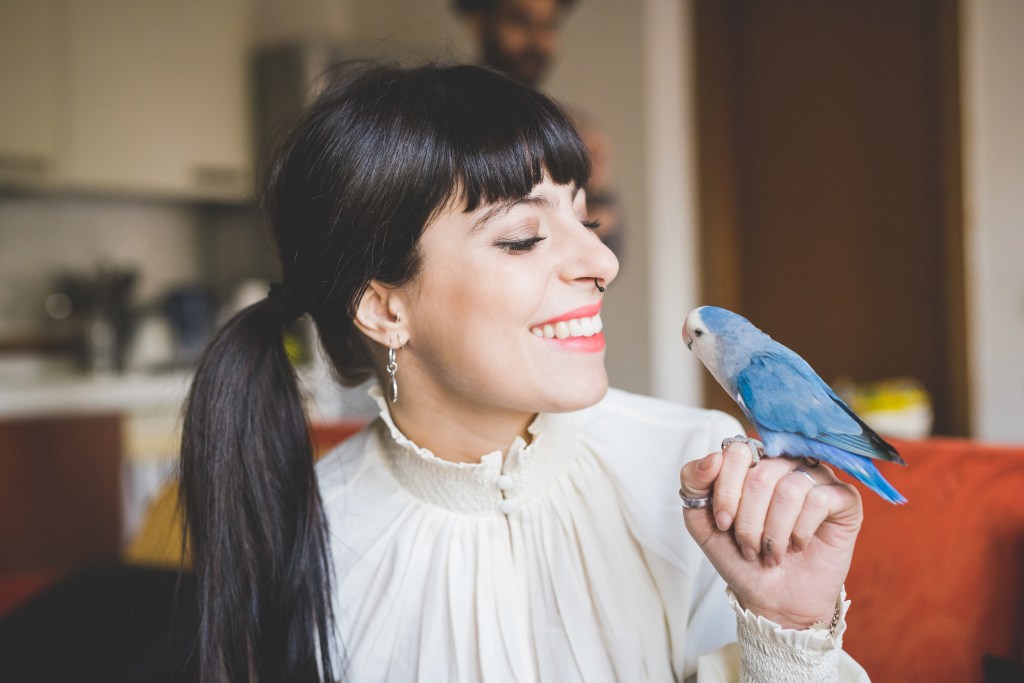
Keep an eye on your bird
Anytime your bird starts to lose excessive feathers and you can’t be certain she’s molting, you should check in with your bird doc. They may choose to do a physical examination of the skin and feathers or may check for underlying conditions by taking blood. You can keep an eye on other signs of their health, such as food intake (and waste), eye brightness, and mood. Monitoring all these things will lead you to the root of the problem (and hopefully a solution) quickly.
Editors' Recommendations
- Are female betta fish worth it? Here’s why you should consider getting one of these pretty fish
- Why do guinea pigs chatter their teeth? It’s not a good thing
- Is your fish tank for bettas too small? Here’s are the do’s and don’ts of betta care
- Why do birds sing in the morning? There are 2 clever reasons for it
- Aquatic turtles: Care and feeding basics every Testudine enthusiast needs to know




